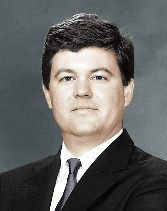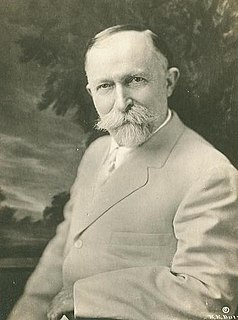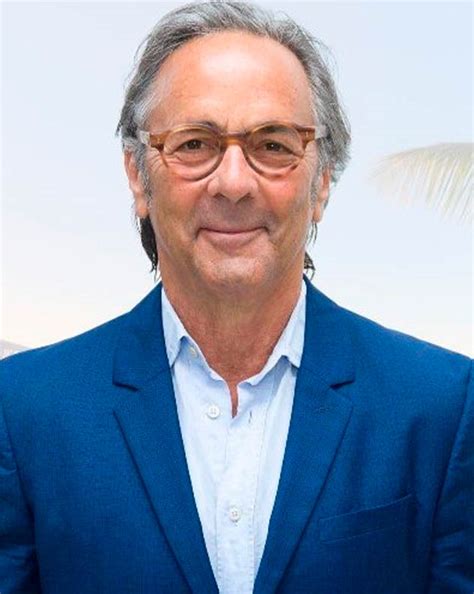A Quote by Havelock Ellis
There is held to be no surer test of civilization than the increase per head of the consumption of alcohol and tobacco. Yet alcohol and tobacco are recognizable poisons, so that their consumption has only to be carried far enough to destroy civilization altogether.
Quote Topics
Related Quotes
The new puritans have been highly successful. All of the preconditions for new prohibitions on alcohol and tobacco are in place. ... Indeed, the future agenda of the federal government has already been established to outlaw alcohol and tobacco in the near future. ... If current trends persist, America will be moving toward stricter prohibitions, greater restrictions, and more centralized control over consumption. This represents an erosion of liberty at its most fundamental level.
Tobacco has not yet been fully tried before the bar of science. But the tribunal has been prepared and the gathering of evidence has begun and when the final verdict is rendered, it will appear that tobacco is evil and only evil; that as a drug it is far more deadly than alcohol, killing in a dose a thousand times smaller, and that it does not possess a single one of the quasi merits of alcohol.
There is no evidence to show that prohibition has ever had its intended impact. Of course, just as banning beef has reduced beef consumption, banning alcohol will lead to reduced alcohol consumption. But, there appears to be little or no correlation between, say, domestic violence or household impoverishment and prohibition.
Some of the morays have held on. When I was in school, I remember asking the question, "Why is it that whenever I walk into a fraternity there's alcohol everywhere and there's no alcohol in a sorority? Why is it that sororities won't allow alcohol, but fraternities do? What is that?" You know, nobody had a really good answer, and that's kind of held on. It's one of the issues that's being examined now - the role of alcohol in sexual assault.
In the 1990s - the period of the greatest escalation of the drug war - nearly 80 percent of the increase in drug arrests was for marijuana possession, a drug less harmful than alcohol or tobacco and at least, if not more, prevalent in middle class white neighborhoods and college campuses as it is in the 'hood.





































